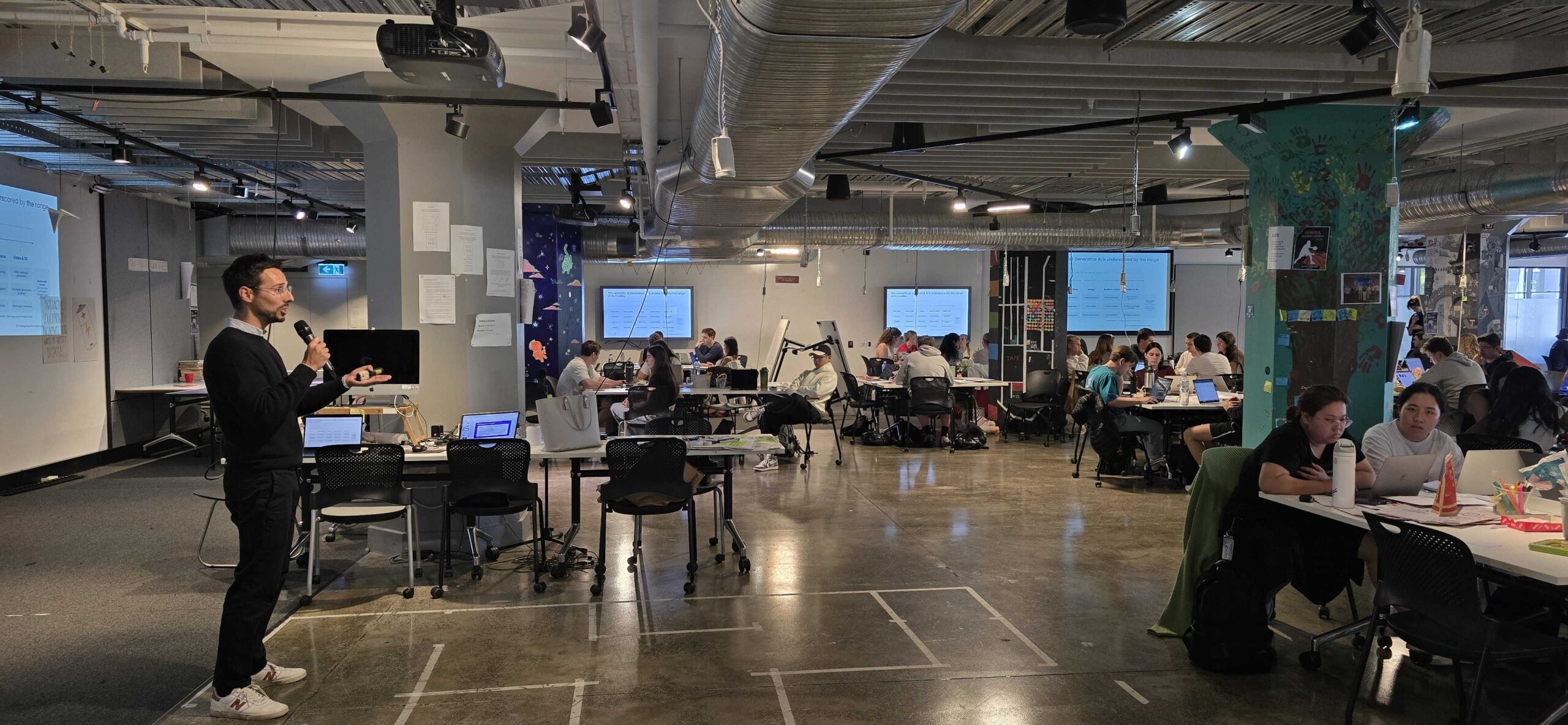By Julian Kezelman-
The corporate innovator’s journey today is very different to 20 years ago. The technology-enabled cost of launching a startup has reduced from around $5 million to just $5 thousand and slow, lumbering corporates are feeling the threat of this new breed of competitors, smart and agile, free from legacy constraints and much, much closer to their customers. Traditional corporate strategies – owning lots of assets, building deep industry expertise, exerting market power – simply don’t work against startups that refuse to play by the old rules. And that’s because startups have defined a new set of rules to play by:
- Customers before the corporation
- Learning before knowing
- Empathy before arrogance
- Adapting before planning
- Data before opinions
Corporates’ thinking models are outdated and their toolkits are increasingly irrelevant at a time when their competition doesn’t look, think or act at all like they do. A paradigm shift is required and corporates need to accept that ‘what got us here, won’t get us there’. Most corporates pride themselves on knowing their markets inside and out. They hire specialists with deep sectoral expertise, contract consultants to advise on industry best practice and hold on to hard-earned organisational knowledge like it was the sole source of truth. Unfortunately, constant change in modern markets all means that today’s knowledge quickly becomes tomorrow’s case study – lessons learned from businesses that failed to notice the world changing around them. And while this is true for existing businesses, the need for learning is even greater when corporates try to innovate into new markets, serving new customers. Startups have got it right. They have humbly accepted that they don’t know what they don’t know and that the only way for them to find out is to go out into the world and learn. Here are three strategies big companies can adopt to win against the threat of startups: Playbook strategy #1 – Build empathy for customers Design Thinking is an empathy-based approach to learning about your customers and uncovering new insights. Empathy in this context means experiencing the world as your customers experience it, appreciating their world-view and being immersed in their day-to-day lives. Design Thinking requires great humility and curiosity on the part of corporates to set aside existing knowledge, assumptions, beliefs and opinions to focus solely on what is important their customers. When done properly, the insights uncovered through Design Thinking can be very confronting, disconfirming long-held organisational beliefs about what customers need and how they should be served. We find that the greater the level of discomfort, the greater the need for corporates to change in order to remain relevant. Playbook strategy #2 – Validate things you don’t know After empathising for customer insights, corporates must make some initial assumptions about what their customers want and validate those assumptions back with their customers. The Lean Startup is an experiment-based approach that can help to iteratively build out early ideas into customer-fit solutions. Quite simply, it involves:
- Using insights to guess what customers might want
- Running experiments to test your ideas
- Learning from the results to inform your thinking
This evidence-based method can equally be applied to testing strategy for existing lines of business as it can to building out market entry strategies for new ventures. It is an adaptive learning approach that ensures your approach is based on what customers actually need – rather than what you think they need. Playbook strategy #3 – Adapt and learn, constantly Lean Startup and Design Thinking are both iterative processes, meaning they constantly loop back to the start to keep learning more. Innovators that use them are insatiably curious about their customers, digging deeper to build more empathy, and about the changing market conditions around them. There is an opportunity at the end of each Design Thinking and Lean Startup cycle to pause and reflect on what you have learnt. This pivotal point is where the great practitioners refine their approach for the next cycle, improving the quality of their learning and iteratively building out better and better solutions. Together, these three strategies will help you organisation to thrive within the new rules of today:
- Customers before the corporation
- Learning before knowing
- Empathy before arrogance
- Adapting before planning
- Data before opinions
If you are feeling uncomfortable about leaving the comfort of your office to speak to, experiment with and learn from customers, then it means you are on the right track. New rules require a new playbook. Because: ‘what got us here, won’t get us there’.












